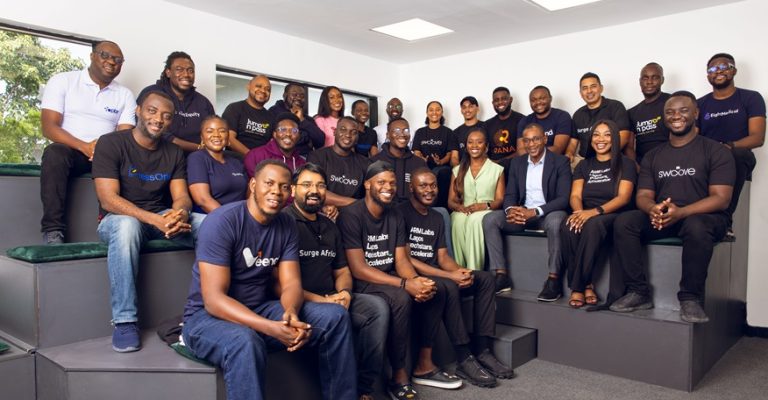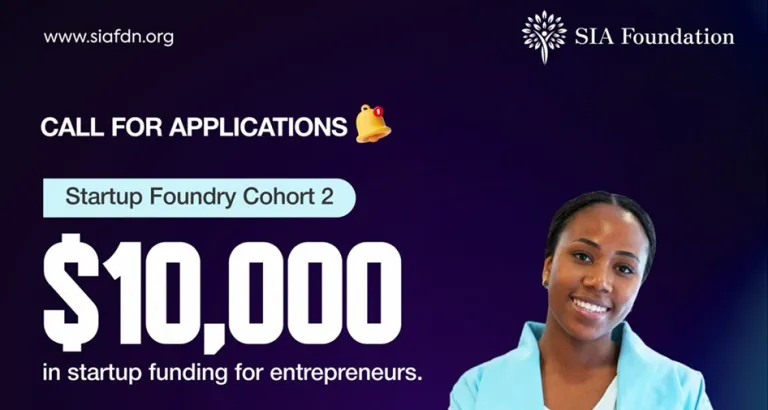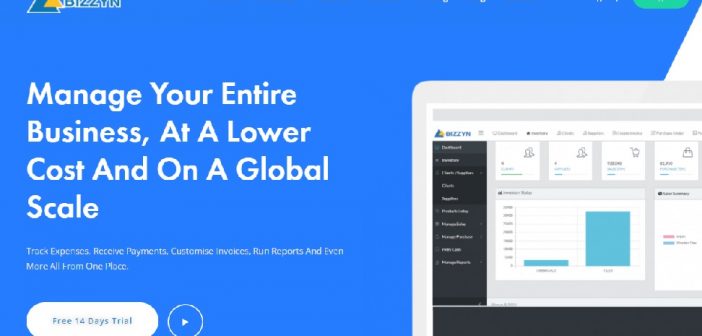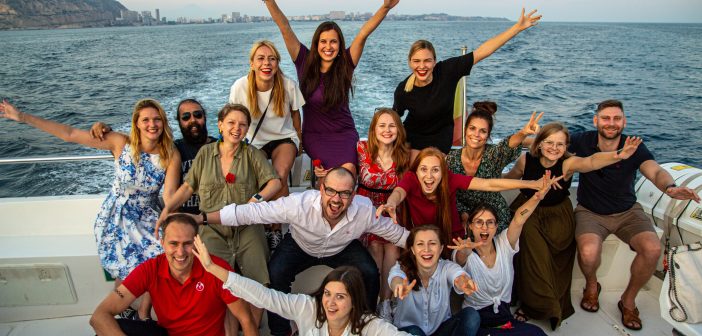African startups are now leveraging debt financing to fuel growth with $700m raised in 2021

According to Partech’s report on venture capital funding in Africa, 37 African tech startups raised a total of $767 million in 43 debt rounds last year, indicating the rise of the debt funding class and increasing global lender confidence in African tech.
According to the report, “Africa’s tech ecosystem has set its sights on another asset class to help fuel growth.” “While debt funding remains widely underreported and undisclosed, it is gaining prominence in African startups’ fundraising strategies.”
This is the first time Partech will include debt information in its annual report. According to its findings, Nigerian startups raised 45 percent of the total amount of debt recorded, or $345 million, the fintech sector accounted for more than 54 percent, and there were 34 unique debt investors, with Lendable and the IFC among the most active.
In October 2021, Dare Okoudjou, CEO and founder of MFS Africa, stated, “As the [African tech startup] ecosystem matures, more companies will do a combination of debt and equity [funding rounds].” Okoudjou’s statement came after the pan-African fintech behemoth closed a $100 million Series C financing round, with $70 million in equity and $30 million in debt.
Most startups seeking funding in their early stages typically consider equity, which requires founders to give away shares in their company in exchange for capital. At that point, the venture is extremely risky and, as a result, does not appeal to most financing options (such as debt that must be repaid at a predetermined date with interest) except venture capital.
“To secure their exposures, debt investors typically seek predictable cash flows or transferable assets (such as real estate).” “Both of these are in short supply for most startups,” Rahul Shah, Head of Financials Equity Research at Tellimer, told TechCabal in an interview.
Because the majority of startups are in their early stages, debt accounts for a small portion of the overall market for private tech financing. Debt financing is viable for businesses, but difficult, according to Ayobamigbe Teriba, an ex-analyst at Ingressive Capital.
“A lot of [early-stage] companies don’t consider it [debt] because of the criteria associated with accessing it, which is different from equity,” he said. “While it allows founders to retain ownership, access criteria can be more time-consuming than equity funding, which has been the ecosystem’s anchor and is based on startup stages.”
However, as an ecosystem matures and growing startups choose to remain private for a longer period of time, funding alternatives such as debt become viable and interest grows. “As startups grow and achieve some predictability,” the Partech report says, “debt financing can be a useful instrument.” “It aids in the acceleration of growth while limiting dilution from equity rounds.”
There is no information available on how much debt African startups have accumulated over time. However, several funding announcements last year—when Africa’s venture capital funding surpassed $5 billion—suggest that 2021 will see an increase in serious appetite for debt financing. Apart from MFS Africa, other startups that have announced debt rounds include Moove, Trella, and TradeDepot.
Because the ecosystem is at a point where many fast-growing startups require additional funding, more debt financing announcements should be expected this year, according to Kunle Akinola, an investment analyst at Lagos-based private equity firm Platform Capital.
“In 2021, Africa minted 5 new unicorns, indicating growth.” “As the founder of one of these or another growth-stage company, you probably don’t want to be issuing equity to finance acquisitions or capital expenses during growth and expansion,” Akinola said.
According to the Partech report, strategic debt players have also launched dedicated debt funds aimed at emerging markets, particularly Africa.
Lendable, an emerging markets lender, announced in October that it would raise a $100 million fund to invest in African and Asian fintech companies. It backed many African startups and participated in MFS Africa’s $100 million funding round with $30 million in debt.
Development finance institutions such as the CDC of the United Kingdom, the Dutch Development Bank, and the International Finance Corporation (IFC) are also leaders in this financing segment. So far, the latter has used debt to support TradeDepot, Bolt, Kobo360, and other companies. “I expect to see a significant increase in the deployment of debt by existing players as well as new entrants,” Teriba predicted.
Which companies are best suited for debt financing in Africa, given the recent increase in activity?
Industries with debt-friendly assets or business models, according to Rahul Shah, have a better chance of accessing this financing source. “For example, financial firms looking to fund their lending, particularly where they can point to strong risk management to reduce the uncertainty in repayment cashflows,” he explained.
MFS Africa, for example, raised debt funding to fund the floats required for real-time settlements. “We realized we didn’t need to raise equity because there is a debt market,” the CEO explained at the time.
Renewable energy is another emerging sector with debt financing: physical infrastructure (such as solar panels) and supply contracts can give debt investors confidence that they will be repaid.
West Africa-focused solar providers such as Starsight and Daystar Power have relied heavily on debt to fund their operations.
“In such cases, debt financing may make more sense than equity financing; asset and liability cash flows are better aligned, and returns to equity holders can be enhanced,” Tellimer’s CEO explained.
Short-term debt financing is also available if it is backed by inventory, as in the case of e-commerce retailers and their suppliers. Companies with non-transferable intangible assets, on the other hand (such as early-stage biotech), would likely struggle to obtain debt financing.
Debt is essentially dependent on a company’s cash flow or revenue model. Debt investors are more willing to fund a startup once the models have proven to be reliable and the product-market fit has been established.
According to the current trend, Africa will see an increase in the number of founders seeking debt financing for their startups in the coming years.
“We’re starting from a very low base, so volumes can only go up from here,” Shah explained. “As the current crop of African startups matures, they will become more appealing to debt investors due to their track records.” Furthermore, as the continent’s startup debt investors gain experience, their risk appetite will improve.”
Teriba goes on to say that more startups are likely to seek credit from capital markets and institutional lenders in order to “expand and stabilize their business offerings.”
While the near-term growth prospects are promising, a key medium-term headwind is the global monetary tightening cycle, as developed countries, which provide the majority of Africa’s startup funding, roll back monetary measures designed to help businesses weather the COVID-19 pandemic.
“The era of cheap and plentiful money is coming to an end,” Shah added, “and this will eventually constrain end-investor appetite for the riskiest forms of debt.”







